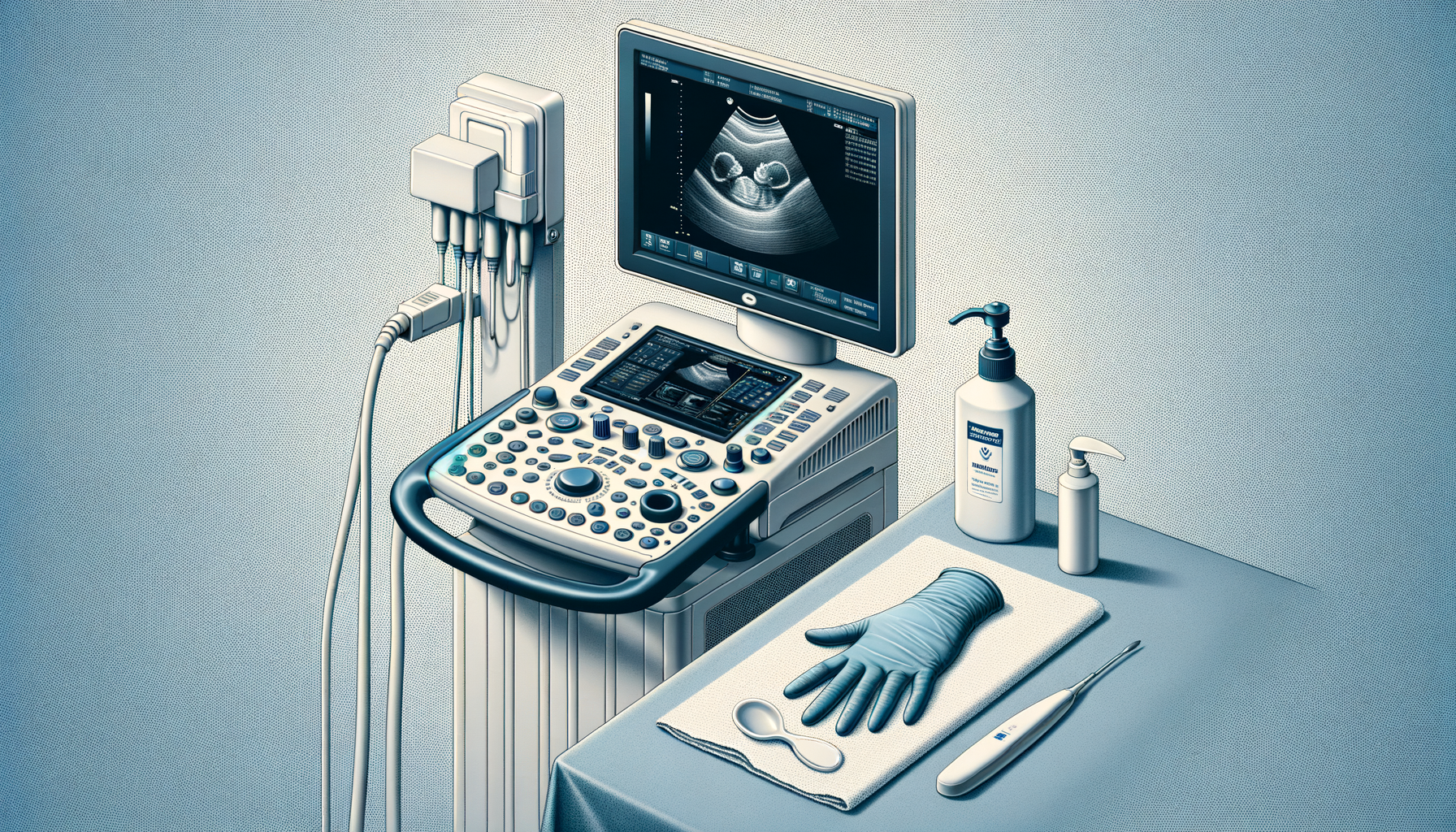Introduction to the Ultrasound Technician Career
Ultrasound technicians, also known as sonographers, play a crucial role in the medical field. Their expertise in using ultrasound technology helps in diagnosing and monitoring various medical conditions. This career path is increasingly becoming popular due to its dynamic nature and the vital role it plays in patient care. Ultrasound technicians work in various settings, including hospitals, clinics, and specialized diagnostic imaging centers, collaborating with physicians to aid in diagnosis and treatment planning.
The importance of ultrasound technology cannot be overstated. It provides real-time imaging that is essential for diagnosing conditions related to the abdomen, heart, blood vessels, and more. As the demand for diagnostic imaging increases, the need for skilled ultrasound technicians continues to grow. This article will delve into the various aspects of pursuing a career as an ultrasound technician, including education, skills required, job prospects, and more.
Educational Requirements and Training
To embark on a career as an ultrasound technician, a solid educational foundation is essential. Most ultrasound technicians begin their journey by enrolling in an accredited program that offers either an associate degree or a bachelor’s degree in diagnostic medical sonography. These programs typically cover a range of topics, including anatomy, physiology, medical ethics, and specialized courses in ultrasound technology.
In addition to formal education, hands-on training is a critical component of becoming a proficient ultrasound technician. Clinical internships or externships provide students with the opportunity to apply theoretical knowledge in real-world settings. During these experiences, students learn to operate ultrasound equipment, conduct patient assessments, and interpret imaging results under the supervision of experienced professionals.
Certification is another important step in this career path. Many employers prefer or require certification from recognized organizations, which often involves passing an exam that tests knowledge and skills in ultrasound technology. Continuous education and recertification are also important to stay updated with the latest advancements in the field.
Skills and Qualities of a Successful Ultrasound Technician
Being an ultrasound technician requires a unique blend of technical and interpersonal skills. Proficiency in operating ultrasound equipment and understanding the nuances of different imaging techniques are crucial technical skills. Additionally, ultrasound technicians must have a keen eye for detail to accurately interpret images and identify any abnormalities.
Interpersonal skills are equally important, as ultrasound technicians often interact with patients who may be anxious or uncomfortable. The ability to communicate effectively, explain procedures, and provide reassurance can significantly enhance the patient experience. Moreover, working as part of a healthcare team requires collaboration and the ability to follow instructions from physicians and other medical professionals.
Other essential qualities include problem-solving skills, the ability to work under pressure, and a commitment to maintaining patient confidentiality. As technology evolves, ultrasound technicians must also be adaptable and willing to learn new techniques and procedures.
Job Prospects and Career Advancement
The job outlook for ultrasound technicians is promising, with a steady increase in demand for diagnostic imaging services. According to industry reports, employment opportunities for ultrasound technicians are expected to grow faster than the average for all occupations. This growth is driven by an aging population, advancements in medical imaging technology, and the increasing need for non-invasive diagnostic procedures.
Ultrasound technicians can work in various healthcare settings, including hospitals, outpatient clinics, and private practices. Some may choose to specialize in specific areas such as obstetrics, cardiovascular sonography, or musculoskeletal imaging, which can open up additional career opportunities.
Career advancement is possible through gaining experience, pursuing further education, and obtaining additional certifications in specialized areas. Some ultrasound technicians may transition into roles such as lead sonographer, department manager, or educator, where they can train and mentor new technicians.
Challenges and Rewards of the Profession
Like any career, being an ultrasound technician comes with its own set of challenges and rewards. One of the primary challenges is the physical demand of the job, which may involve standing for long periods and maneuvering equipment to capture accurate images. Additionally, dealing with anxious or uncooperative patients can be stressful, requiring patience and empathy.
Despite these challenges, the rewards of being an ultrasound technician are significant. The ability to contribute to patient care and make a difference in people’s lives is a profound aspect of the job. Moreover, the satisfaction of working in a dynamic and evolving field provides continuous learning and growth opportunities.
Ultrasound technicians also enjoy a sense of job security due to the high demand for their skills. Competitive salaries and benefits further enhance the attractiveness of this career path. Overall, for those passionate about healthcare and technology, a career as an ultrasound technician offers a fulfilling and impactful professional journey.




Leave a Reply